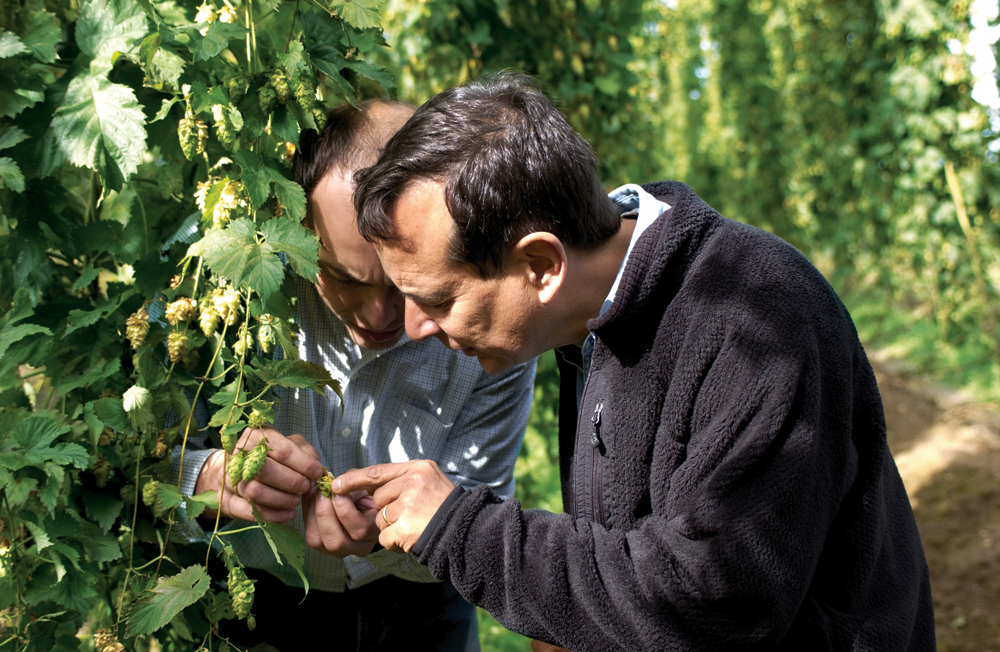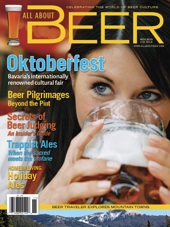How did you decide to get into brewing?
One might have to ask, why did it take me so long? My grandfather was a brewmaster. My father went to Siebel in 1948. His timing was terrible: he got out of brewmasters’ school when there were probably 800 breweries in the United States. But what they didn’t see on the horizon was the fairly brutal consolidation of those 800 breweries into three big breweries that make 90 percent of the beer in the United States. With those 800 breweries went 800 jobs for brewmasters.

When I was 18, I was very lucky, because Harvard was just beginning to take people from outside the Northeast; basically Harvard was transitioning from educating the sons of the northeastern elite to becoming a national institution with admission based on merit. I was lucky enough to be part of that transition.
Where did you grow up?
Outside of Cincinnati. I was very fortunate to have opportunities outside of brewing. I didn’t have to go to Siebel to get a job.
What was going on in the US beer industry really took all the attractiveness out of being a brewmaster. When you talk about the big, mass production breweries, the brewmaster ceased from being the most important person in the brewery to being a production supervisor who spent more time filling out manning charts and dealing with union grievances.
My grandfather said, “The owner of the brewery makes an appointment to see me.” The brewmaster was a Teutonic god in these old breweries. That role didn’t exist any more.











